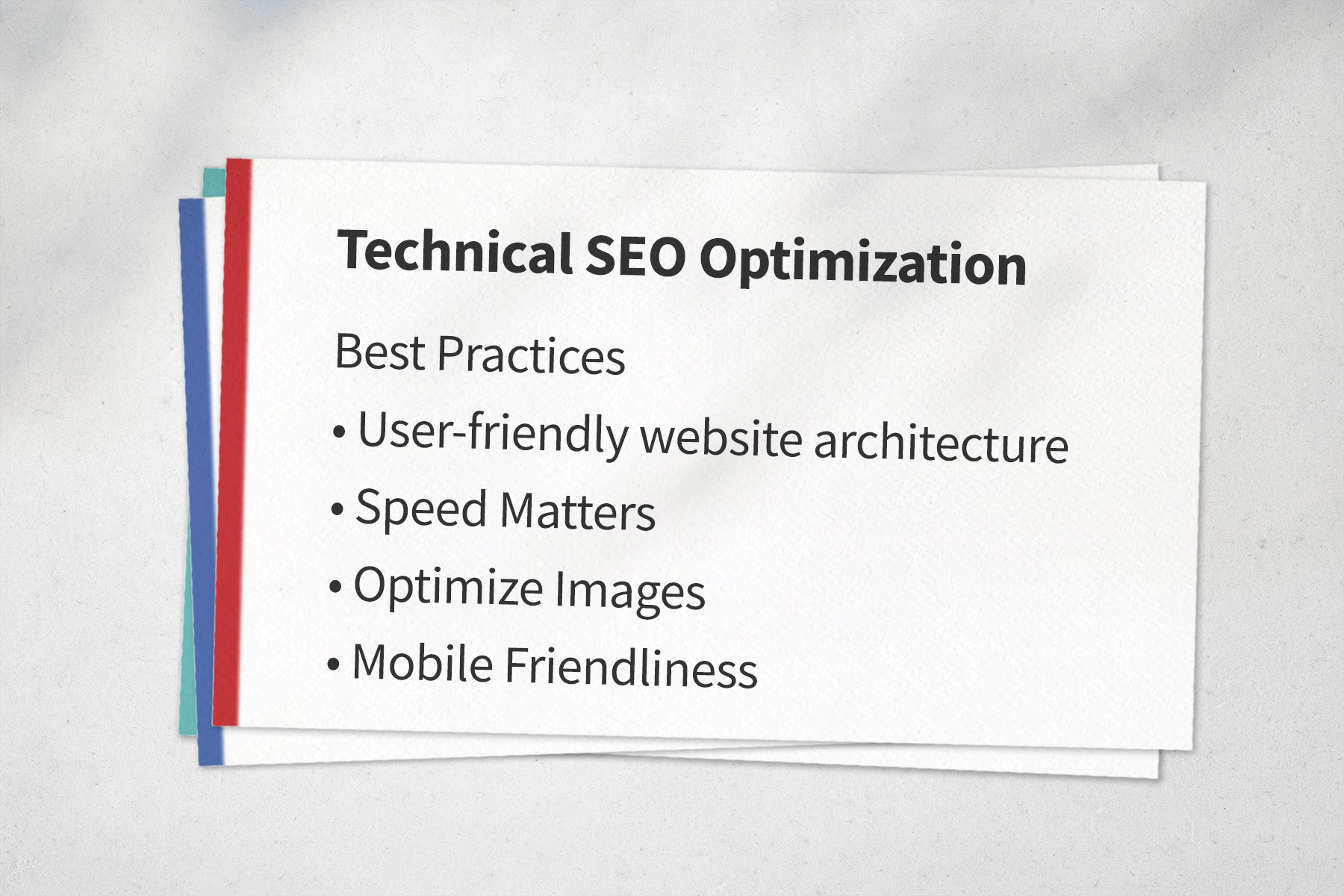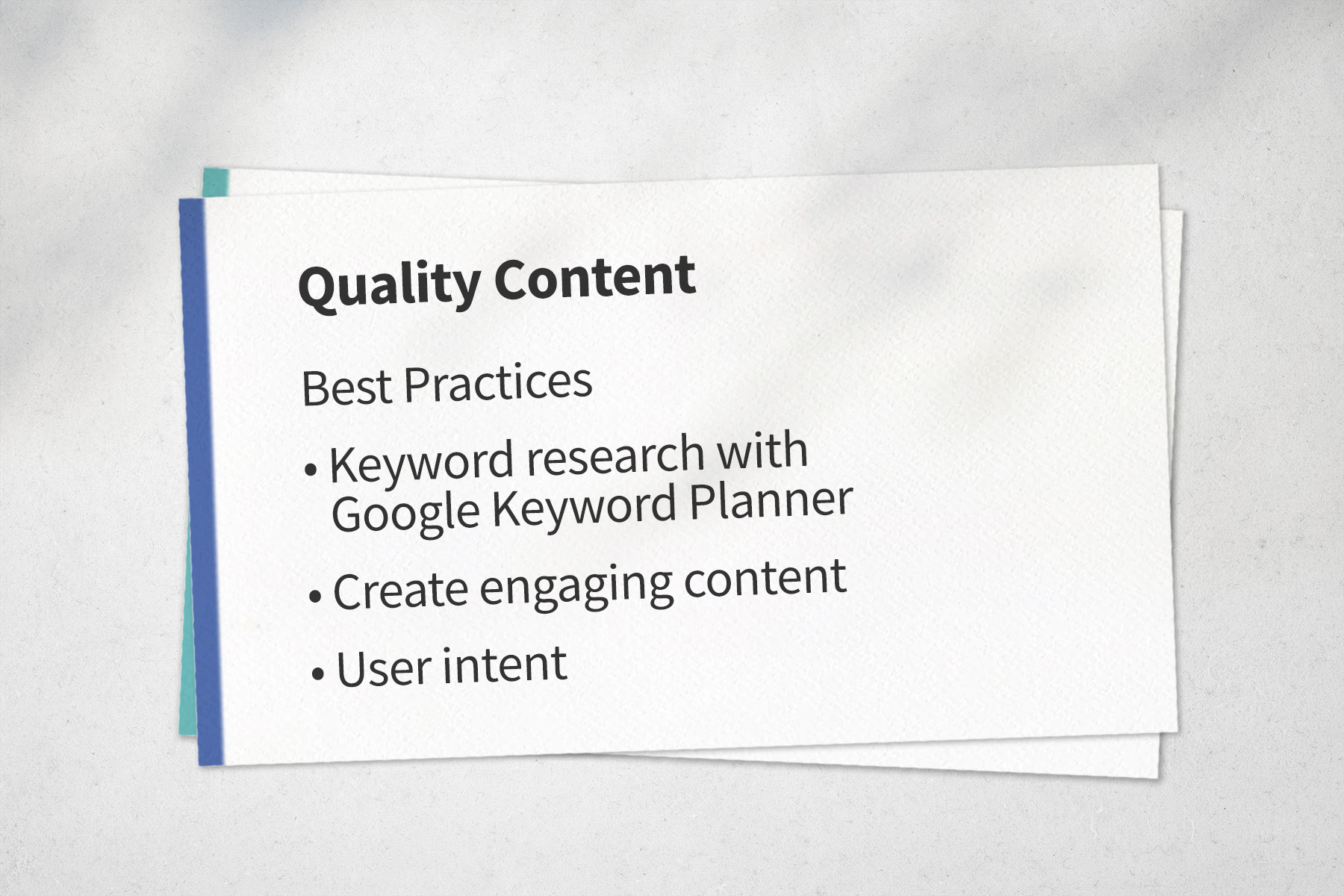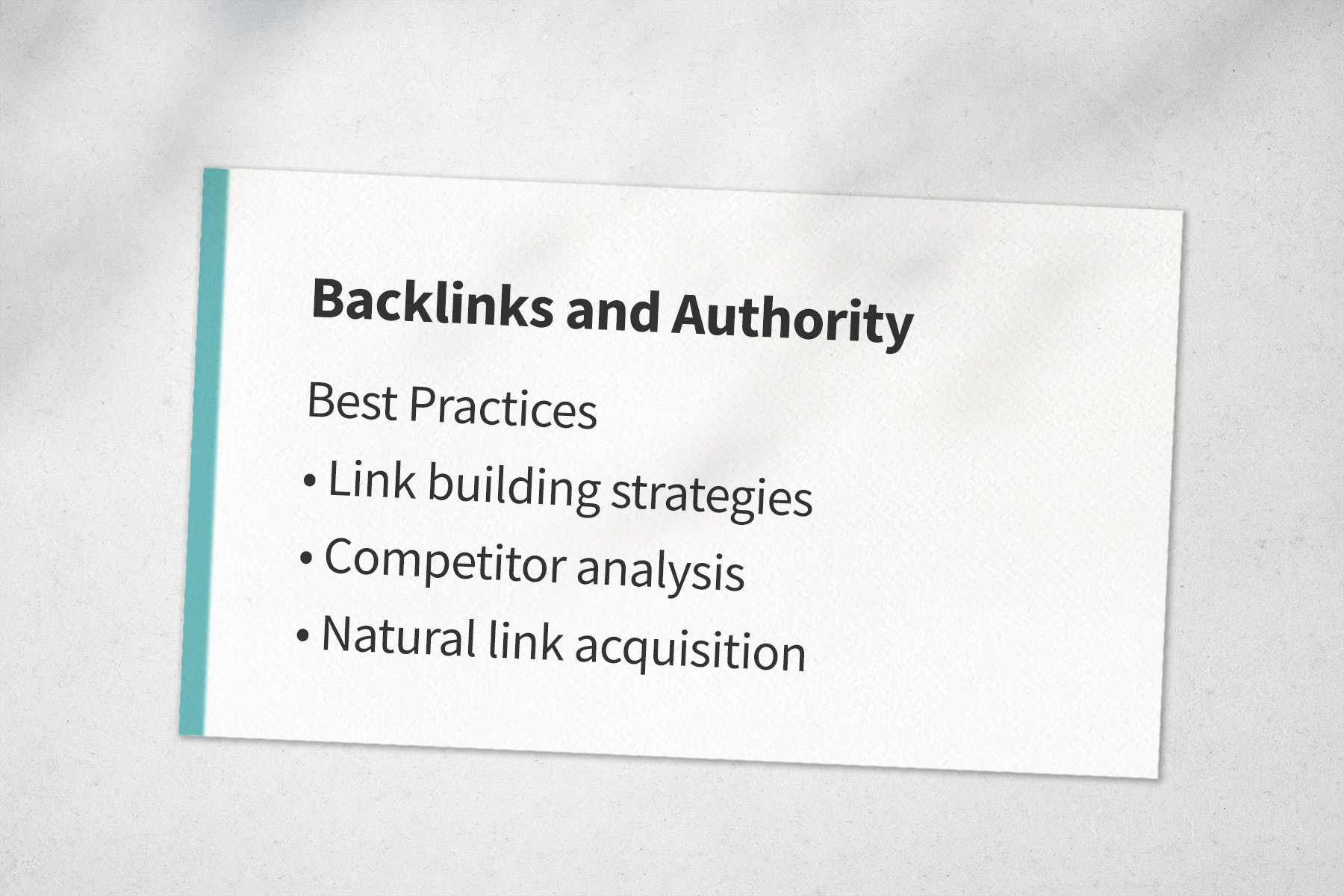SEO Essentials for REALTORS®: The Complete Beginner’s Guide

Ever since I delved into the realm of digital marketing, my mind has been inundated with acronyms like KPI, CTR, GRC, and UX/UI. Yet, among this sea of abbreviations, it's SEO (Search Engine Optimization) that garners the most attention. You've probably heard about it, but you might not fully know what it means.
In this article, I break down what it is and share actionable steps you can take to get started.
So, what is SEO?
SEO, or Search Engine Optimization, is the strategic process of enhancing a website's visibility and relevance to users seeking information online. It revolves around finetuning technical elements, content quality, and links within a site to boost its ranking in search engine results, such as on Google, Bing or Amazon. In this article, we’ll focus on Google.
The main goal of a good SEO strategy is to be at the top of a search engine's results page for keywords significant to your target audience.
SEO isn't just about mastering the technical aspects of website configuration, but also crafting an online presence that resonates with your target demographic. When someone searches for relevant keywords or phrases, you want your website to be the first they find.

How Does SEO Work?
SEO is all about visibility. Try picturing the search engine, like Google, as a librarian sorting through all the information on the internet and carefully organizing websites. When someone enters a search query on Google, it looks through its huge catalog to find the best matches.
But, just being in the catalog isn’t enough to guarantee a top spot. Google, and other search engines, have special rules called ‘algorithms’ to decide which sites are most relevant to each search. If your website follows these rules well, it’s more likely to show up at the top.
How do you make sure your website follows these rules? By making it interesting and easy for Google to understand. This means having great content, using the right keywords in the right spot (the words people use to search online), and organizing your website so it's readable to Google.
It takes some time and effort, but understanding how it works can significantly improve your website's visibility online. The process of optimizing your website for these rules, that’s SEO.

What factors affect a Google search?
There's a lot happening behind the scenes whenever you type something into that search bar on Google! Here are a few points the search engine is analyzing.
Location matters: Think about a property seller in Ottawa, Ontario seeking selling prices in their neighborhood. Google prioritizes local results, so including specific location details in your content and listings becomes crucial (i.e., neighborhood, postal code, and/or city). It ensures the property shows up for people looking for homes in that area.
Trust and credibility: Google values content from credible sources. For example, REALTOR.ca listings with high-quality images, comprehensive details, and verified profiles tend to get noticed more in Google search results.
Popular content: Ever noticed an article or webpage gaining a lot of attention online? That popularity matters to Google. If a webpage is getting a high level of interaction, like shares and comments, Google sees it as valuable content and may boost its visibility in search results.
Different devices, different needs: People use different devices to access search engines. A viewer on a computer might prefer more detailed information, while a viewer on a phone may only want a quick snapshot. Adapting your content to suit these different preferences can make your listings more appealing to a broader audience.
Why is SEO important for REALTORS®?
Picture this: your next prospective client is looking for a REALTOR® to help them buy their first home. They do what many people do first: they go to Google and search “best REALTOR® for first time home buyers in [your community]”. Depending on your SEO efforts, your website could be the first they see.
SEO extends beyond an online visibility strategy. It offers a distinct advantage, if properly implemented, that can generate a steady flow of qualified visitors to your website. A well-executed SEO strategy can also lead to a gradual reduction in paid advertising. But, good SEO takes time.
Here are steps you can start with to enhance your SEO strategy.

Technical SEO Optimization
Don’t be turned off the word “technical”. SEO starts with how you build your website. Google values easily indexable sites. They reward: swift loading speeds, hosting proximity to the target audience, and a well-configured server.

Best Practices:
- User-friendly website architecture: Organize your website in a logical and intuitive manner, making it easy for Google and for visitors to navigate between different pages or sections. Use descriptive and consistent labels for categories, subcategories, and menus.
- Speed matters: Analyze your site's speed using tools like Google PageSpeed Insights or GTmetrix. Optimizing code and reducing unnecessary scripts can help significantly improve site load times.
- Optimize images: Compress images using a file size tool (like Photoshop or Yoast) and include descriptive file names. Using modern image formats (PNG or JPEG) and “lazy loading” techniques can notably reduce loading times.
- Mobile friendliness: Ensure your website works smoothly and adapts well to different devices. Using tools like Google Search Console can help identify any mobile usability issues your site might have and identify possible changes you need to make.
Quality Content
This is one of the easier strategies to implement as someone new to SEO.
Google prioritizes presenting users with relevant content. A strategic balance between targeted keywords and well-structured and written articles can help enhance relevance.

Best Practices:
- Keyword research: Tools like Google Keyword Planner can help identify relevant keywords and long-tail phrases. Crafting content around these keywords can lead to increased organic traffic.
- Engaging content: Understanding your audience's interests and needs is pivotal. Consistently providing valuable content while encouraging interaction (think: clicks!) keeps audiences engaged and involved.
- User intent: Craft content that directly addresses questions you know your ideal visitor may have. This is shown to help improve conversion rates and user retention.
Backlinks and Authority
Backlinks, links from other sites to yours, are considered votes of confidence by Google. While their impact on rankings is substantial, their effectiveness hinges on other aspects of SEO being in place (technical and content factors). Google assesses source site quality, domain diversity, and link text anchors, among other criteria, to gauge their worth.

Best Practices:
- Link building strategies: Develop a strategy for acquiring quality backlinks through guest posting, partnerships, or content collaborations.
- Competitor analysis: Study your competitor’s backlink strategies to find untapped link sources. Partnering with non-competing businesses in related niches can result in beneficial cross-promotion and link acquisition.
- Natural link acquisition: Develop quality, shareable content that naturally attracts attention. Creating interactive tools, insightful infographics, and unique content experiences can help attract organic backlinks from reputable websites, boosting overall search visibility.
I know, that’s a lot of information to take in. But, its never too late to start implementing SEO strategies into your own marketing strategies.





